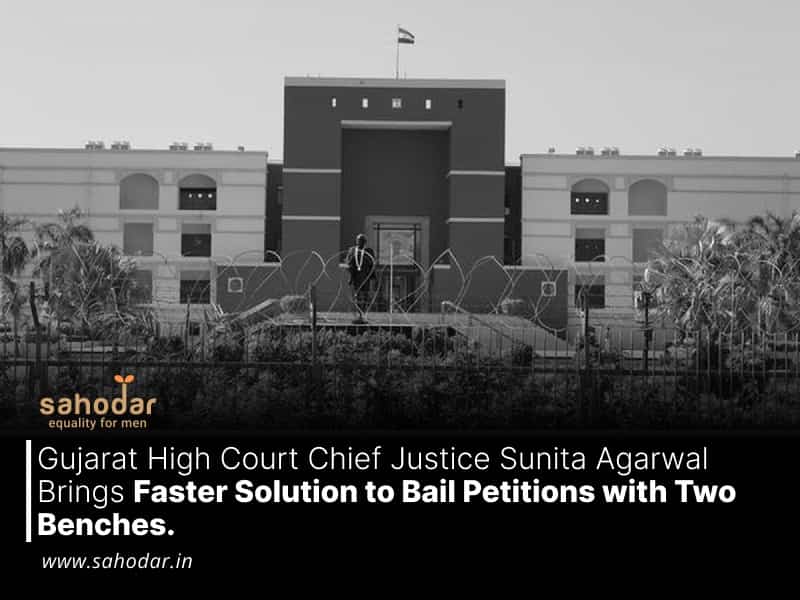The practice of giving long dates was criticised by the Supreme Court last year when the High Court while issuing ‘rule’ in the bail application filed by activist Teesta Setalvad, had adjourned her plea for six weeks.
On Tuesday, Chief Justice Sunita Agarwal of the Gujarat High Court issued directives aimed at mitigating protracted scheduling of bail-related proceedings. Justice Agarwal emphasized the court’s commitment to expediting the adjudication of bail petitions within a timeframe of one month. Furthermore, she solicited the cooperation of legal practitioners in the pursuit of this objective.
“We are doing away with the practice of issuing Rule Nisi and adjourning cases for weeks altogether. We are in the process. A new roster is being prepared and two benches will be hearing bail matters from October 5,” she stated during an exchange with Senior Advocate Yatin Oza who was mentioning a case.
In the preceding week, Justice Agarwal articulated her intent to eliminate the customary practice wherein judges issue ‘rule nisi’ and adjourn bail applications for a minimum period of two weeks.
Today, Justice Agarwal conveyed her astonishment upon becoming aware of this practice and proceeded to announce that, as of October 5, a specialized arrangement would be instituted, designating two distinct benches exclusively for the adjudication of bail matters.
“Long dates are not (going to be) being given in bail matters, that instruction is already given. Within a period of one month things would be streamlined, I hope so. We would need cooperation of lawyers as well and the office of PP [Public Prosecutor] also,” Justice Agarwal added.
In response to another legal representative’s assertion, which highlighted their client’s extended period of incarceration amounting to four and a half years, and their apprehension regarding the sufficiency of two benches, Justice Agarwal elucidated that the appointment of judges is an inherently time-consuming procedural undertaking.
“We are hoping for the best,” she added.

